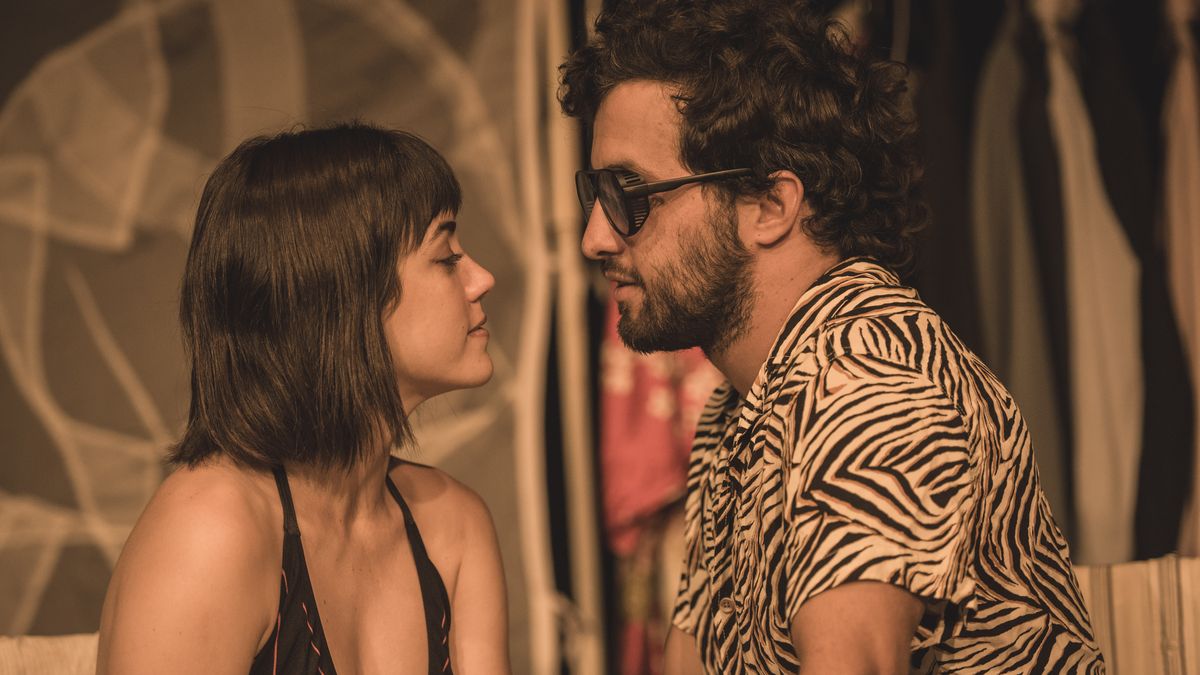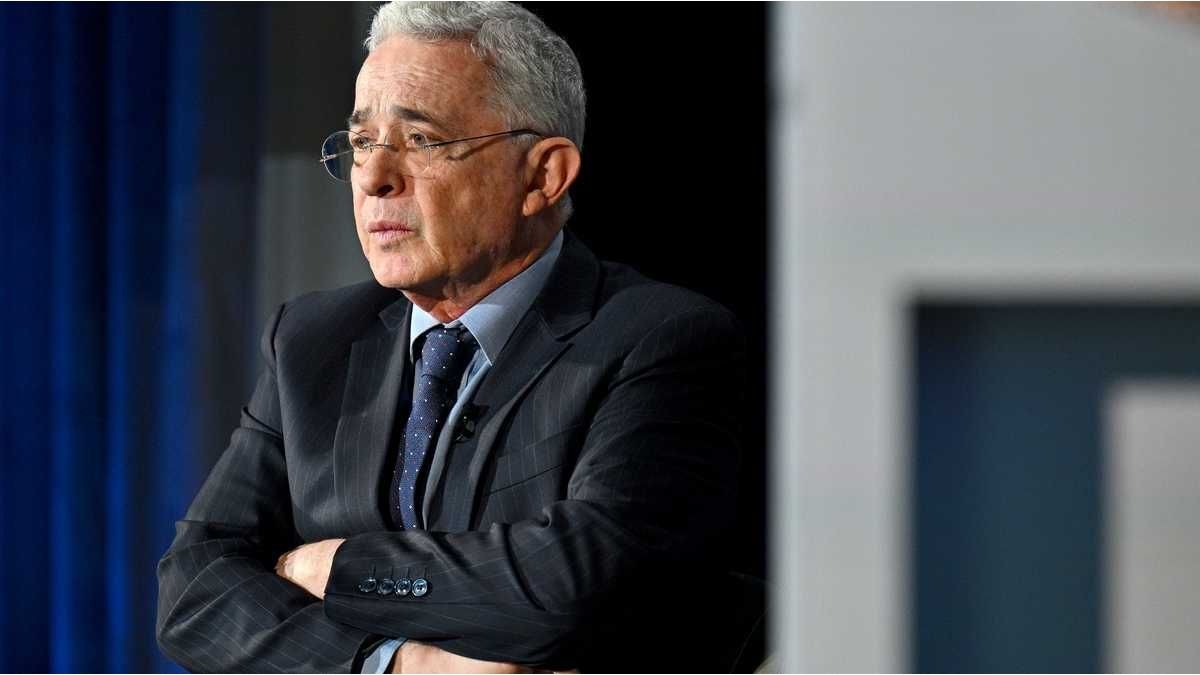“The theater seeks to compete with confinement technology and generates experiences but I do not agree to give so much around the theater because it is already a collective, shared, unrepeatable, different experience,” says Tomás Landaauthor and director of “The measures”, That he returns tomorrow in his third season to Nun Theater Bar.
The work with Rochi Hernandez and PASCUAL CARCAVALLO That occurs on Thursdays at 9 pm the story of a couple that incorporates a third participant. Each function presents a surprise guest that improvises in a scene. In addition, the public can participate contributing with clothes that are integrated into the scenography and then are donated through the Moksha Foundation. We talked with Landa
Journalist: This work talks about opening the couple, what looks do you propose?
Tomás Landa: It works as a strategy and way to inhabit this couple that is in conflict, they know each other years, they are young and test and see what can arise from a paradigm shift to enliven the fire.
Q.: How is the challenge of calling a different actor every time to improvise the scene?
TL: The challenge of someone new each function is equivalent to the same risk that a third person comes to the couple to do something completely improvised. That is the most sum, that electricity that is generated prior to the scene of improvisation, because something happens with the work that is really alive. Something new happens, something unpredictable and that no one has control, nor the spectators know what will happen, nor the actors. The person who comes to improvise does not know what will happen, in the cabin I do not know about that development, a vertigo breaks that everyone is attentive, willing, and that is the best thing that has the moment of the improvised scene. The risks are low, perhaps that the actors may feel that something does not work or does not work, but it does not happen.
DSC_8645.jpg
Q.: How is public participation?
TL: The public participation is through clothes to donate because we manufacture the story on the stage the idea that the monitoring in which they live is full of clothes. The public brings the clothes and at the end of the season we make the donation. Sometimes they bring large bags, shirts, wallets, we accept everything. When people do not know about this option to donate laments when they find out late, but we try to know before. Many we accumulate clothes, we store in bags and it is the opportunity to help.
Q.: It tends to new unconventional theater experiences, why?
TL: The theater seeks to compete with the rest of the options that people have. The theater in response generates experiences, unconventional places, mixes technology, taking into account that technology competes a lot with the theater. You can stay watching a series locked in your house and connect with your friends for the computer, play a game, and the theater in response tries to aggiorn. I do not agree to give so much around the theater because in itself it is a collective, shared, unrepeatable experience, different from which the guest actors join.
Q.: How do you see theater and culture?
TL: The theater like any part of the culture lives a difficult time, of transformation, because the public is transformed and the way of doing theater requires having a different vision. However, I believe that theater is a form of resistance, it is completely countercultural, one joins to rehearse with people of any age or work. You work hard with the heart, many months, maybe you don’t see economic revenue but you don’t think about that. Doing something that does not look for Redito is refreshing, important and revolutionary. Culture is living battle moments, it will always be a dispute ground and it is fine that it is. Hopefully it is discussed with the true weapons, the nobles, which the theater has.
Source: Ambito




